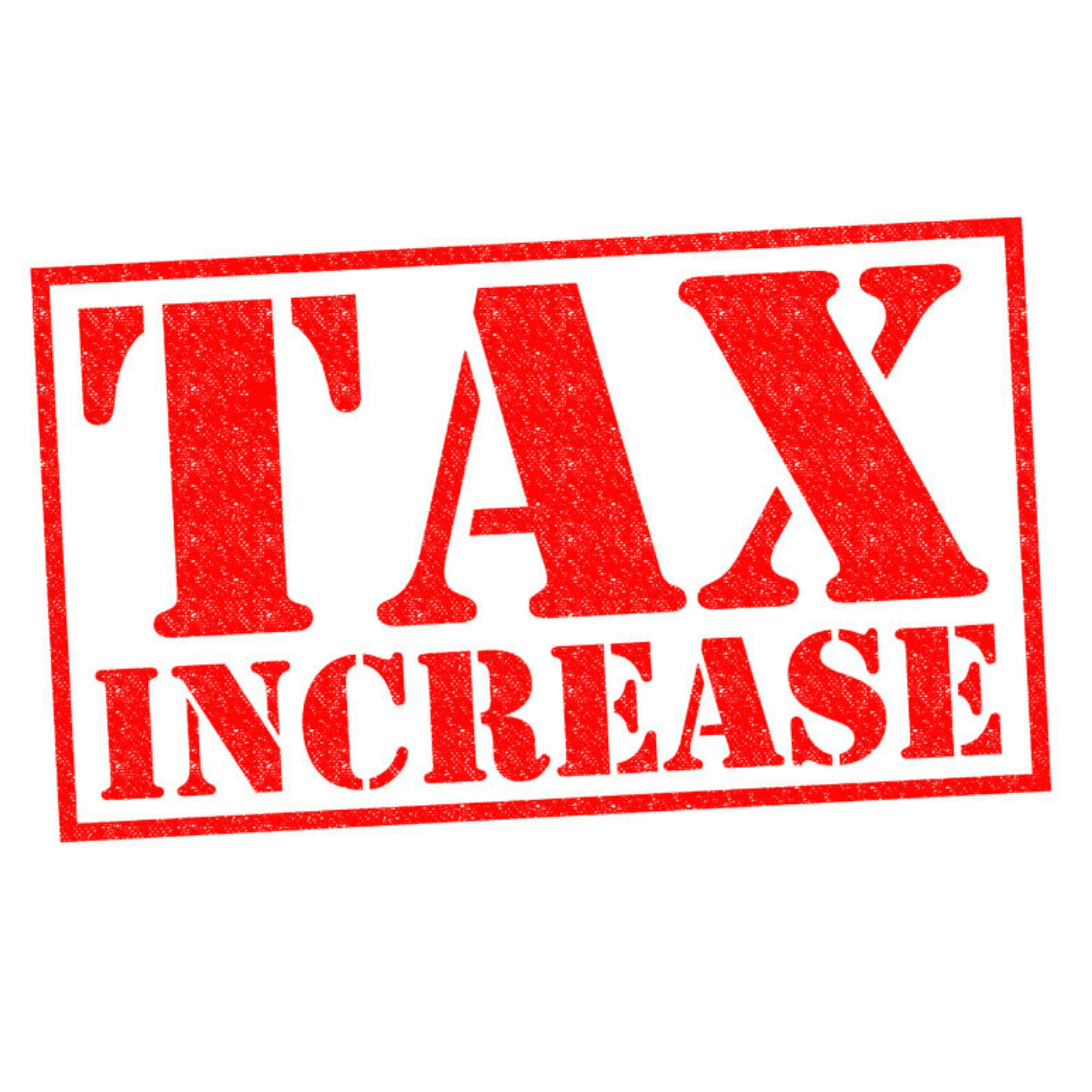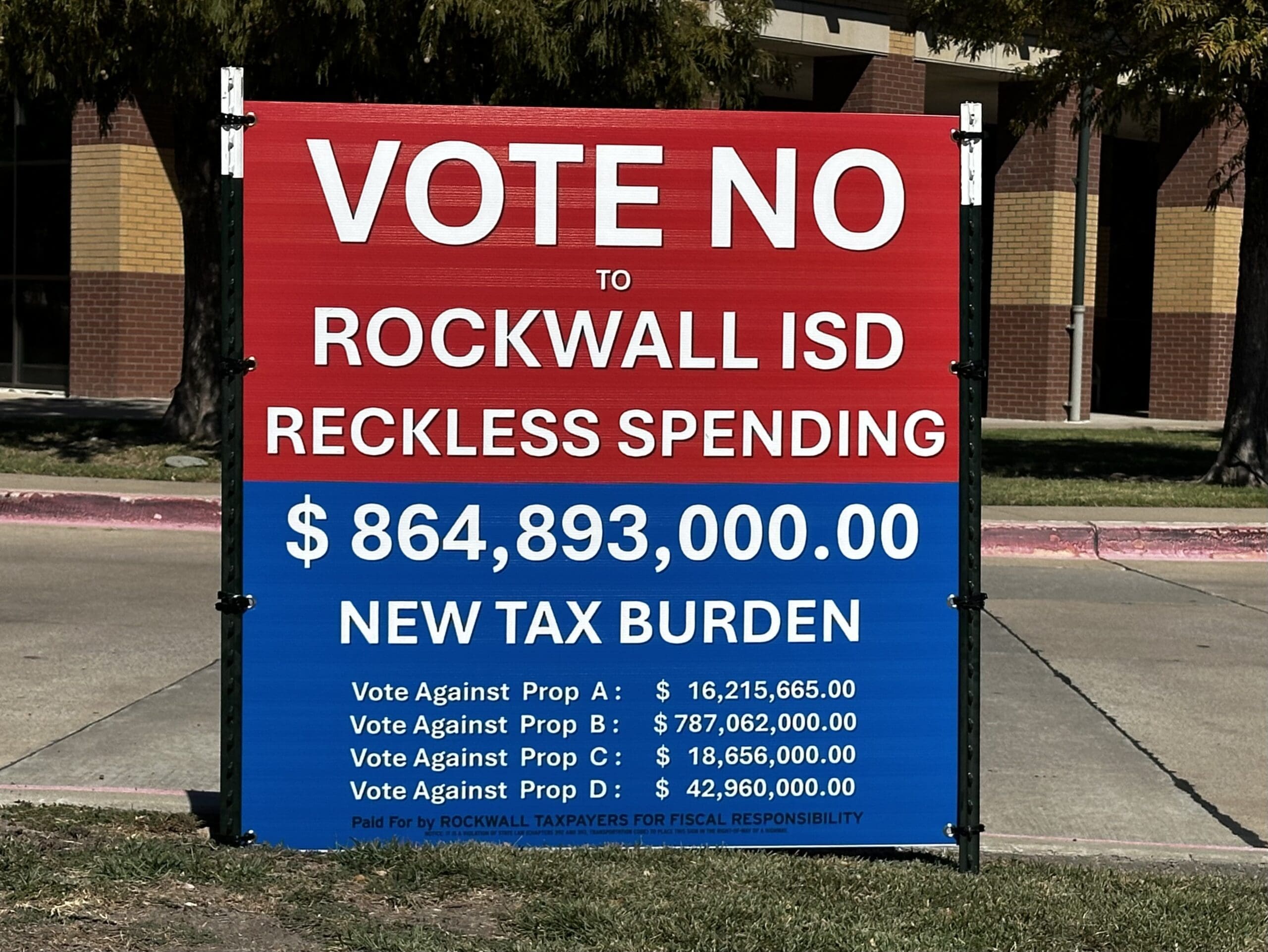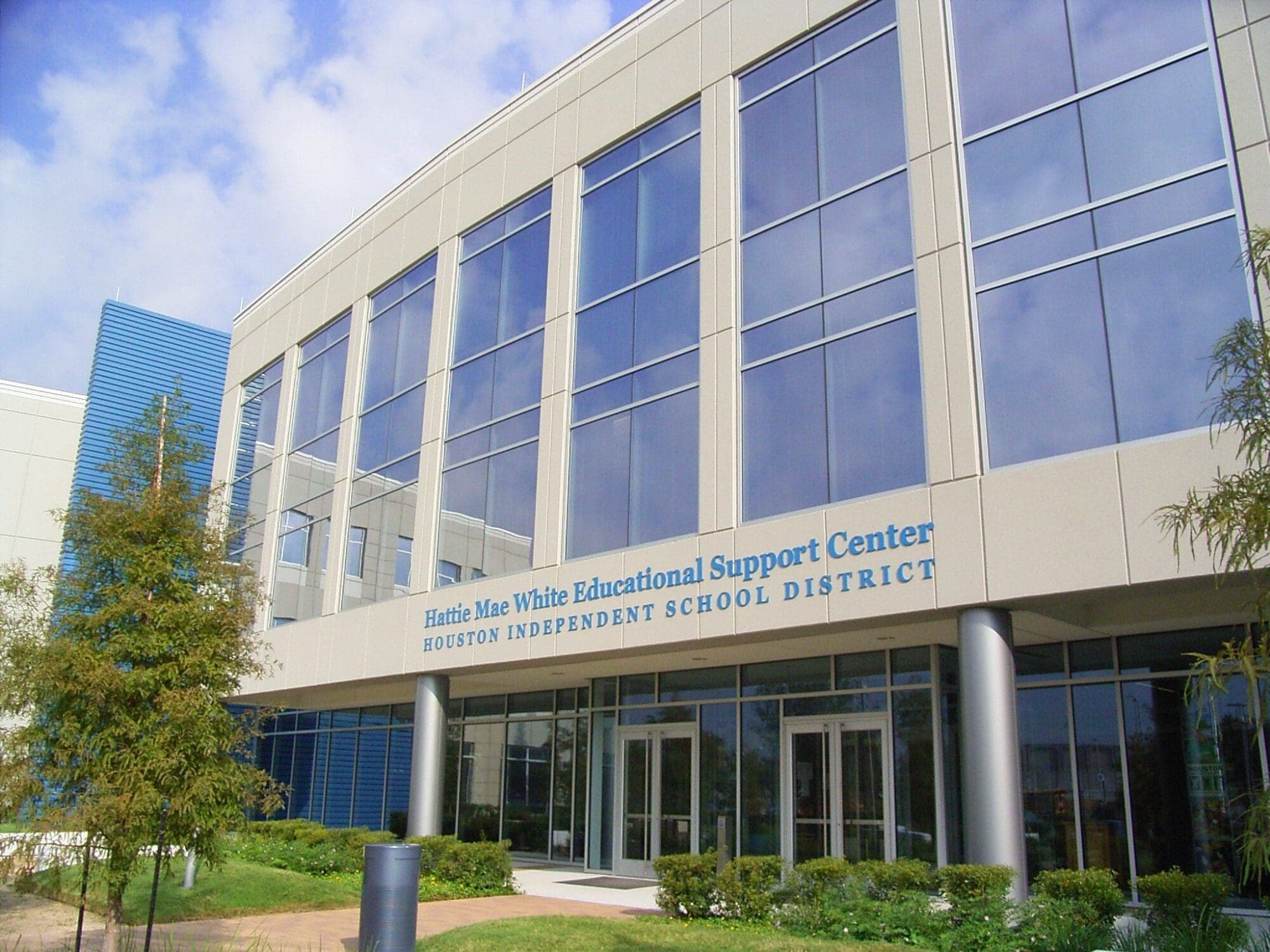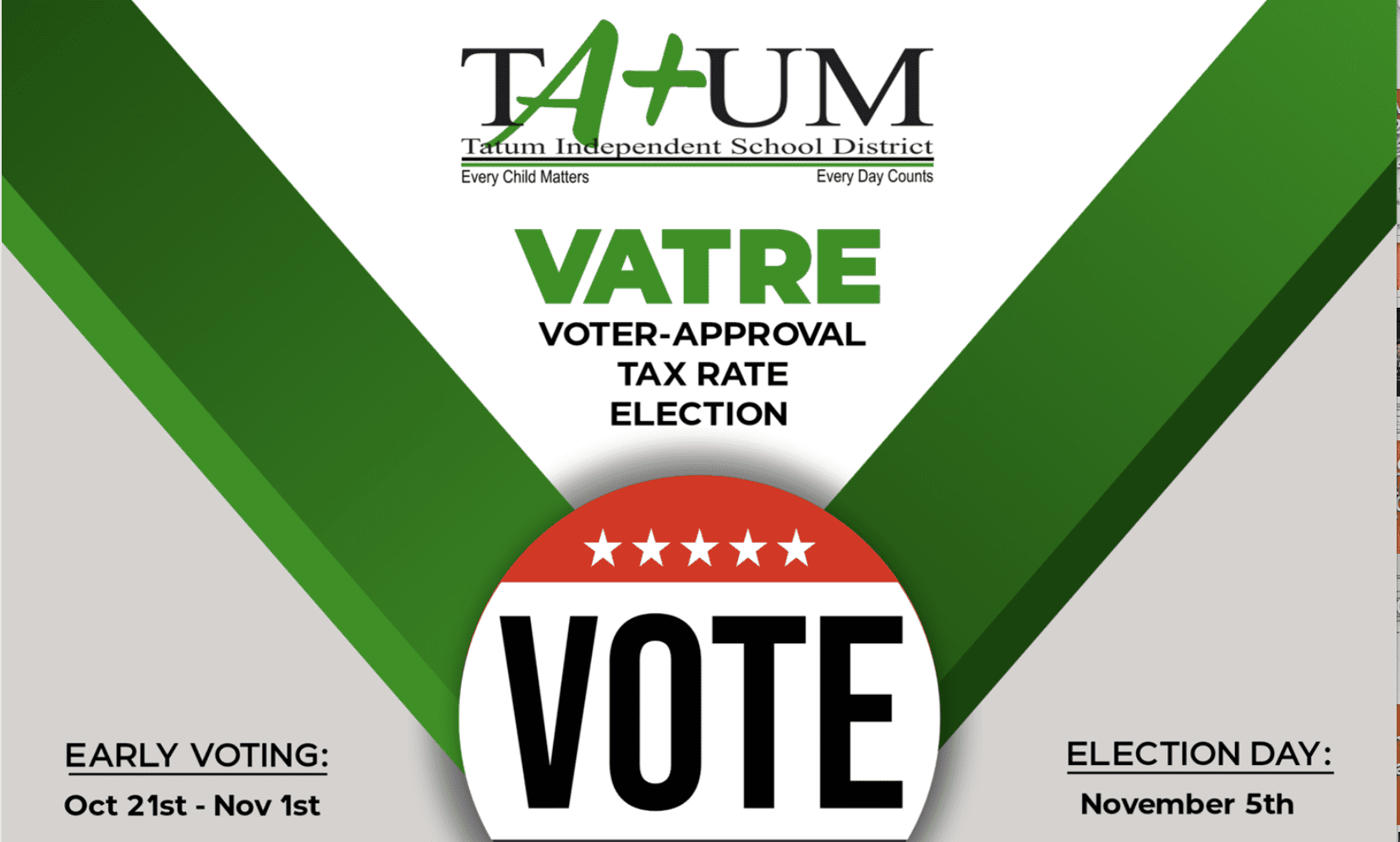Nine amendments will be up for consideration by Texans when early voting starts on Monday.
Here we offer our recommendations on each of the propositions. Also copied below is the “pro” and “con” write-up created by the Texas Legislature’s House Research Organization.
Our recommendations… (Download a printable PDF version.)
| Proposition | What it does | TFR Position | Background |
|
1 |
Property Tax Exemption for surviving spouses of certain service members killed in action. | Support | When service members make the ultimate sacrifice for our nation, their spouses should not be burdened by the threat of losing their home because of the loss of income to the family. |
|
2 |
Eliminates obsolete state agencies. | Support | Eliminating references to unneeded state agencies that have ceased to function is a good clean-up. |
|
3 |
Allows extension of exemption from inventory taxes for aircraft parts. | Support | Texas’ oppressive property tax rates forces very poor choices. While carving out exemptions makes for patchwork public policy, the burden of property taxes is even worse on the economy. |
|
4 |
Provides a tax exemption for disabled veterans whose homesteads were donated by a charity. | Support | When Texas charities make homes accessible for disabled veterans, those families should not then be hammered by undue property tax burdens. |
|
5 |
Authorizes a reverse mortgage loan for the purchase of homestead property. | Support | Provides additional ways for homeowners to leverage the value of their property. |
| Creates a new debt structure for assisting in the financing local water-related projects. | Oppose | Removes $2 billion from the state’s Economic Stabilization Fund (rainy day fund), to incentivize new local-government debt without providing sufficient protections on the spending. |
|
|
7 |
Allows home-rule cities to decide how to fill vacant elected seats. | Neutral | |
|
8 |
Repeals the constitutional provision authorizing a hospital district in Hidalgo County. | Neutral | |
|
9 |
Expands the sanctioning authority for the State Commission on Judicial Conduct. | Support | Makes available a broader array of choices for punishing judges who act inappropriately. |
Amendments Proposed for November 2013 Ballot
by the House Research Organization
Proposition 1 (Property Tax Exemption for surviving spouses of certain service members):
What the amendment does – Authorizes the legislature the ability to give surviving spouses of an armed service member, killed in action, a property tax exemption of all or part of their home if the spouse hasn’t remarried.
Supporters say – Texas is a national leader in honoring the service of veterans and in this spirit the amendment would provide an exemption for the total appraised value of the surviving spouse’s home. It provides assistance for a shocked spouse, who lost their loved one, in order to prepare for the future. If the spouse remarries they would lose the exemption because the assistance in loss of income would no longer be needed. This does not provide an incentive to stay single because it only applies to a small number of people; therefore, it wouldn’t skew marriage rates and place an economic burden on the government. According to SB 163 such exemptions would cost the state $98,000 from 2014-2015.
Opponents say – No one wants to deny benefits to these spouses but this would reduce revenue available to local governments. If the Legislature continues to widen the group exempted from property taxes then they will need to increase taxes on the people that do pay them. Since there is no limit on the spousal exemption the government could go decades without gaining this extra revenue; therefore, costing them hundreds of thousands of dollars. The amendment could also provide an incentive against remarrying. Spouses of limited means are the only ones who need relief and the people wealthy enough to afford extravagant homes should not be exempted. Lastly, taxpayers might be required to support more than just Texans because the amendment would apply to those who didn’t have a property in Texas at the time of their spouses death. If the purpose of the assistance is to help spouses recover from the loss, the exemption shouldn’t be permanent and instead should have some sort of sunset provision or value threshold.
Proposition 2 (Removing provisions for the State Medical Education Board):
What the amendment does – Repeals part of the Texas Constitution and by doing so eliminates the authorization for the State Medical Education Board and the State Medical Education Fund, which are both obsolete.
Supporters say – This Board and Fund were an ineffective effort in the past to fund prospective physicians education in return for a promise to practice in rural counties. These efforts have been transferred to the Texas Higher Education Coordinating Board and the office of the Attorney General. The Legislative Budget Board and the Sunset Advisory Commission advised decades ago that these be abolished and an enactment by the 83rd legislature has eliminated reference to these entities in state law, so the amendment would follow suit. Due to the programs ineffectiveness, no new loans have been given out since 1988. The board has finished servicing existing loans and has turned all remaining loans over to the attorney general for default collection.
Opponents say – No apparent opposition
Proposition 3 (Allowing extension of exemption from inventory taxes for aircraft parts):
What the amendment does – Authorizes a political subdivision to extend the date by which aircraft parts with a freeport exemption are required to be transferred outside of the state. This would allow eligible goods to be exempt from taxation up to 730 days.
Supporters say – This would accommodate the special nature of the specialized aircraft parts industry because these parts are expensive and, when needed, must be shipped to the customer quickly. However, requests for these special parts are rare, so inventory often sits on the shelves longer than in other industries. Texas is one of a few states that impose a property tax on inventory. Specific freeport goods that are in the state for longer than 175 days are exempt from this tax. The maximum period that aircraft parts are granted a freeport exemption is insufficient in order to benefit many airline part manufacturers. Lastly, it would promote economic development, have a proven positive impact, and be entirely at the discretion of local governments.
Opponents say – Singling out a certain industry interferes with uniformity in taxation. Similar industries with these same problems would be justified seeking a similar extension and the Legislature would have trouble giving a principled answer as to why others shouldn’t be exempt.
Proposition 4 (Tax exemption for disabled veterans whose homesteads were donated by a charity):
What the amendment does – Authorizes the Legislature to exempt a percentage of the market value of a partially disabled veteran or their surviving spouses home if the residence was donated by a charity at no cost to the veteran. This does not affect other exemptions they might be qualified for in the Constitution.
Supporters say – The injuries suffered by a veteran often limit their job opportunities and this can cause the tax liability on their donated home to become an expensive burden. This helps to insure that donated homes don’t become a burden. These homes are a tangible way to help returning veterans transition to civilian life and gain freedom to pursue their future. The exemption will cost very little to local governments and be appropriate considering the sacrifices made.
Opponents say – Texas will continue to go down the slippery slop of singling out certain groups for tax exemption, which could open the door for continued erosion of the local tax base. If the Legislature continues to favor specific groups then the local governments will need to increase taxes on the people still paying in order to raise the same revenue. It should have a sunset provision or value threshold so those people who can afford to pay do so.
Proposition 5 (Authorizing a reverse mortgage loan for the purchase of homestead property):
What the amendment does – Allows a reverse mortgage for a residence homestead. The borrower would have to occupy the property as a principal residence by a date specified in the contract. It also requires a prospective borrower and their spouse to complete financial counseling before using a reverse mortgage. The amendment requires a lender to provide to a prospective borrower a disclosure with a detailed description of borrower behavior that could lead to foreclosure.
Supporters say – It would allow seniors to make an informed decision and allow them the option to take advantage of HUD’s HECM program to buy a home to closer family members, downsize to a smaller home, or upgrade to a home fitted to meet the needs of seniors. The Constitution doesn’t specifically forbid using reverse mortgages but HUD, the agency responsible for monitoring market practices and changing rules to guard against common abuses in the marketplace, has affirmed it would not make these loans due to the lack of express authorization. Texas is the only state in which seniors can’t get reverse mortgages. There is currently a two-step process to get a reverse mortgage for seniors that is cumbersome and costly. This amendment would allow seniors to combine these steps into a single transaction. There are potentially fewer protections currently against foreclosure than those afforded by reverse mortgages. It would maintain consumer protections currently governing reverse mortgages.
Opponents say – The state’s sharp restrictions on home equity lending sheltered Texans from much of the fallout from the 2008 crisis and loosening these restrictions could make Texans more vulnerable to future financial crisis. This could expand the demand for a loan that often results in significant interest charges and can leave seniors with greater debt than equity in their homes. There have been reports of reverse mortgages being used in a predatory manner and lenders providing incomplete or inaccurate information.
Proposition 6 (Creating funds to assist in the financing of priority projects in the state water plan):
What the amendment does – Creates the State Water Implementation Fund for Texas (SWIFT) and the State Water Implementation Revenue Fund of Texas (WIRFT) as special funds in the state treasury outside the general revenue fund. The Texas Water Development Board (TWDB) would administer the money in the funds in order to implement the water plan, with oversight by the Legislative Budget Board. Money in the funds and any money appropriated from the “Rainy Day Fund,” would be dedicated for the purpose of complying with the part of the constitution that exempts dedicated funds from counting towards the spending cap. Also, money would be transferred to the SWIFT under a bond enhancement agreement and the legislature could allow the TWDB to enter into bond enhancement agreements to provide additional security. The TWDB could provide direct loans for state water projects. The TWDB would be required to set aside money sufficient to make payments due that year.
Supporters say – SWIFT would assist in the financing of priority projects in the state water plan and serve as a water infrastructure bank to enhance TWDB’s financing capabilities. The fund would serve as a source of revenue for debt service payments in place of general revenue or as a security for principal and interest payments on general obligation bonds or revenue bonds to finance or refinance projects in the state water plan. It would provide a revolving cash flow mechanism that would recycle money back to the fund to protect the corpus. Also, SWIFT would manage revenue bonds issued by the TWDB and supported by SWIFT. The amendment would ensure that establishing these funds does not create state debt. Critical water shortages will increase in the next 50 years, requiring a long-term, reliable funding to finance water projects. Rising costs for local water providers, the large capital investment, and the financial constraints on some communities necessitate a dedicated source of funding. Any delay in funding would increase the overall cost to consumers. By 2060 half of Texans will lack adequate supply of water during times of drought, which would hurt the economy and public health. The Rainy Day Fund is an appropriate source of funding because it was created as a savings account in times of emergency. The boom of the oil and gas industry shows no signs of slowing, so any funds used from the Rainy Day Fund would be replenished quickly.
Opponents say – Taking $2 billion out of the Rainy Day Fund could result in a credit downgrade and cut back the state’s ability to deal with a revenue shortfall, a natural disaster, or a school finance case decision that required additional state spending on public education. This would allow the Legislature to circumvent the constitutional spending limit on undedicated funds. Texas has a Moody’s AAA bond rating, which allows for lower borrowing rates and taking money out of the Rainy Day Fund could harm the state here. It has been historically difficult to estimate deposits into the Rainy Day Fund with the last seven estimates being off by an average of 166 percent. Entities needing water infrastructure project funding already have great access to capital. For example, TWDB has several lending programs through bonding programs that use the state’s superior credit rating to guarantee water debt, enabling TWDB to offer inexpensive financing on a long-term basis.
Proposition 7 (Allowing home-rule cities to decide how to fill vacant elected seats):
What the amendment does – Authorizes a home-rule city (population of more than 5,000) to provide in its charter the procedure to fill a government vacancy with an unexpired term of 12 months or less.
Supporters say – This could allow cities to avoid expensive special elections currently required under the Constitution, thus cutting taxpayer costs. Taxpayers sometimes pay tens of thousands of dollars to hold special elections only a few months before a regular election. It still allows for democratic accountability because cities would hold elections as usual after the expiration date. Roughly 360 home-rule cities have already voted to amend their charters to allow appointments to fill short-term vacancies, but the Constitution prohibits them from carrying this into law.
Opponents say – The cost of special elections is a small price to pay to ensure accountability. Elections are an essential function of government and the best way to ensure democratic accountability. This amendment could increase corruption by allowing city officials to appoint political allies.
Proposition 8 (Repealing the provision authorizing a hospital district in Hidalgo County):
What the amendment does – Repeal the part in the Constitution that authorizes the creation of a hospital district in Hidalgo County and authorizes a maximum tax rate of 10 cents per $100 valuation of taxable property for the hospital district.
Supporters say – It removes the limitations on the ability of Hidalgo County to create and operate a sustainable hospital district because the maximum tax rate of 10 cents per $100 is far lower than the rate available to other Texas counties. Hidalgo County is the largest county without a hospital district and the only one required to have this maximum tax rate. The county also has one of the lowest tax bases per capita, making it difficult to raise enough money at the tax rate. Other counties have shown the ability to operate successful hospital districts with tax rates ranging on average between 20 and 40 cents. Article 9, Section 9 of the Constitution ended the need to adopt a separate constitutional amendment each time a local government wished to establish a hospital district and this new amendment would offer Hidalgo County the same taxing rate range that other counties enjoy.
Opponents say – It could open the door to an increase in taxes for Hidalgo County property owners because the new tax rate could be set as high as 75 cents per $100. The creation of hospital and other special purpose districts has had the consequence of fragmenting local government and increasing its administrative complexity that can result in taxpayer confusion about how money is being spent. A better solution would be to remove constitutional limitations on the taxing power of counties and cities.
Proposition 9 (Expanding the State Commission on Judicial Conduct’s sanctioning authority):
What the amendment does – Expands the actions the State Commission on Judicial Conduct could take after formal proceeding into judicial misconduct or after considering the record and report of a master appointed to look into judicial misconduct. The commission would be allowed to issue a public admonition, warning, or reprimand or require that the judge or justice obtain training or education.
Supporters say – It ensures the commission has adequate tools to respond to allegations of judicial misconduct. Currently in a formal proceeding the options of punishment are limited to public censure or recommending removal or retirement of the judge, but in proceedings not involving a formal hearing the commission can issue private or public admonitions, warnings, reprimands, or orders for additional training or education. The limited penalties after formal proceedings could deter the commission from pursuing a full, evidentiary investigation when needed for a complex case. The availability of more information would promote transparency and it could enhance confidence in the judiciary.
Opponents say – These restrictive provisions are appropriate because they help ensure that formal proceedings are used only in the most serious cases. This helps protect the confidentiality of judges and shields them from public exposure resulting from such allegations. The use of formal proceedings could diminish the public’s confidence in the judiciary and unfairly harm judges and the commission might feel pressure from certain sources to hold these proceedings in cases that don’t merit them.





